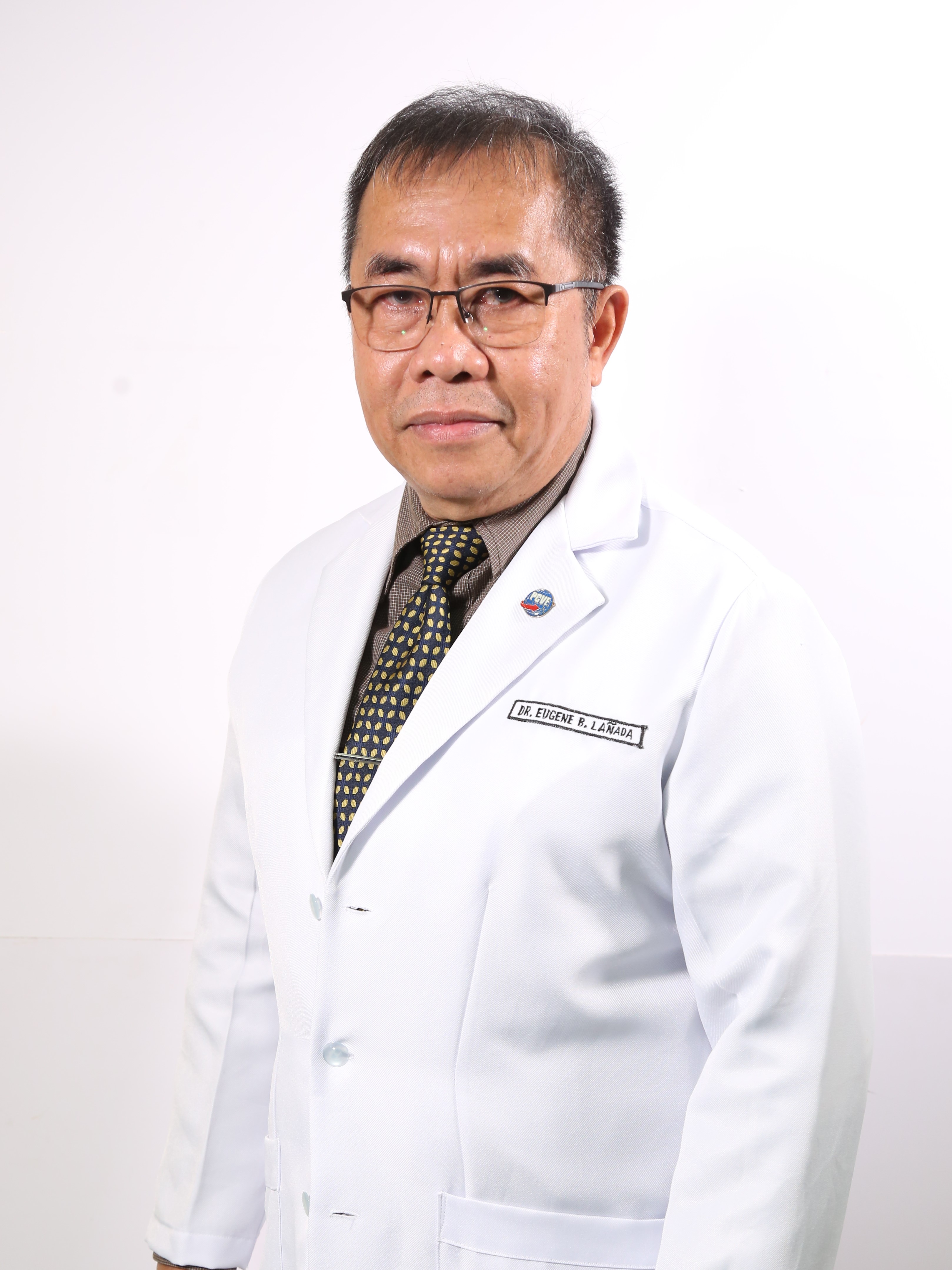Informational
Issuance of Transfer Credentials
- REQUIREMENT- Accomplished Clearance
- FEES- 50.00 for transfer credentials and 60 Php per page for TOR
- PROCEDURE AND AVAILMENT OF SERVICE
- Fill in request form and submit to the course in charge.
- Proceed to the Cashier’s Office for Payment.
- Present Official Receipt to the Office of the Registrar for release of transfer credentials.
About DCST
The Department of Computer Science and Technology (DCST) was established on March 2002. It originated as a Computer Science and Statistics Section of the now defunct Department of Agricultural Engineering and Applied Mathematics. With the conversion of the Visayas State College of Agriculture (ViSCA) into VSU, the section was developed into an academic department and is now one of the five departments under the College of Engineering. The Bachelor of Science in Computer Science program was approved by the VSU Board of Regents on February 8, 2002 under Resolution No. 17 series of 2002 and was formally offered by DCST in the first semester of SY 2002 - 2003.
Vision
Center of excellence in computer science and technology in the Visayas.
Mission
Attainment of the highest human capital and scientific knowledge in Computer Science.
Goals
- Excellent and relevant education in computer science and technology.
- Generate appropriate knowledge in Information and Communications Technology relevant to agricultural production, processing, utilization, technology generation and disseminations.
- Sustainable linkages and cooperation with public and private institutions in instruction, research and developments and extension.
- Dynamic linkages with other agencies and institutions for the promotion of instruction, research, extension programs in computer science and allied fields.
- Sustained linkages among the various units within the university to support developmental programs.
Foreign Students Application Form
FM-IAO-01 International Students Admission Application by VSU Info Desk on Scribd
Department of Veterinary Para-Clinical Sciences
GRADUATE FACULTY
 |
Eugene B. LañadaProfessor |
Highest Degree Attained
|
||
Specialization |
||
Research Interest |
||
Role
|
||
Status of Appointment
|
Flow Chart in Handling Sexual Harassment Cases
Flow Chart in Handling Sexual Harassment Cases by visayasstateu on Scribd

